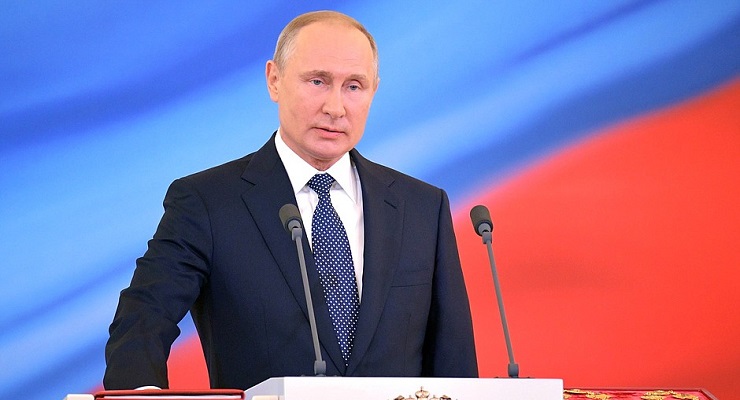
This story is from Democracy Digest, the National Endowment for Democracy’s daily blog:
Vladimir Putin’s regime has instituted a “pretend party system” in which real political groups, with popular leaders and a genuine support base, are denied a license, replaced by impostors who imitate competition while toeing the general line, Vladimir Kara-Murza writes for The Post:
Putin’s regime has enriched political science with a new classification — a “pretend party system” in which real political groups, with popular leaders and a genuine support base, are denied a license while their places on the ballot and in the legislatures are taken by impostors whose purpose is to imitate competition while toeing the general line. The sole exception (for now) is Yabloko, a long-established liberal party with a history of opposition to the Kremlin’s domestic and foreign policy that still maintains ballot access. However, a bill recently flagged by lawmakers from the ruling United Russia party would revoke the registration of any party that “discredits the government authorities of the Russian Federation abroad” — specifically citing Yabloko and its leaders.
The post-Soviet system has demonstrated a phenomenal ability to reinvent itself by dumping the Soviet state and rejecting its role as an alternative to the West. Indeed, the Russian system has adapted to the post-Cold war reality better than liberal civilization, argues Lilia Shevtsova, the Richard von Weizsäcker Fellow at the Robert Bosch Academy.
Read the full story here.
Leave a Reply